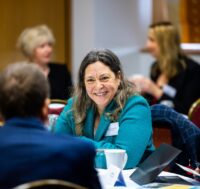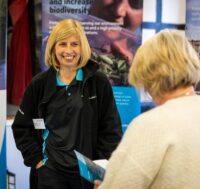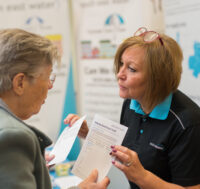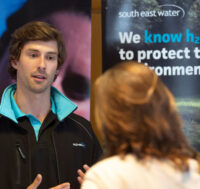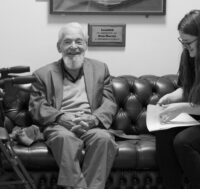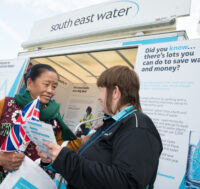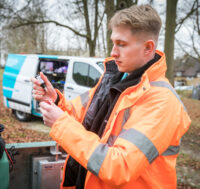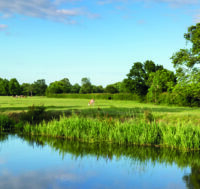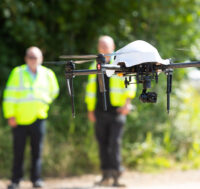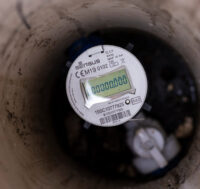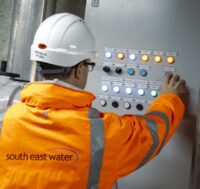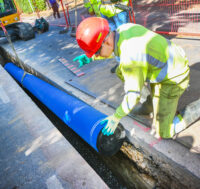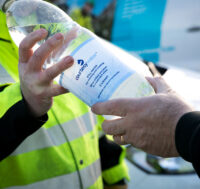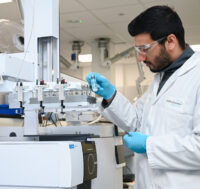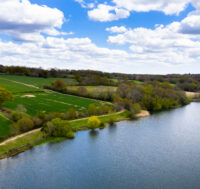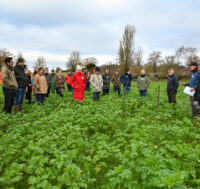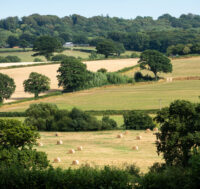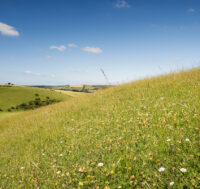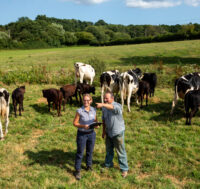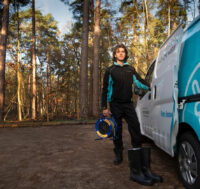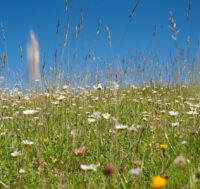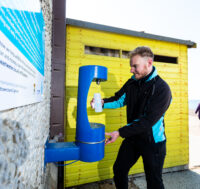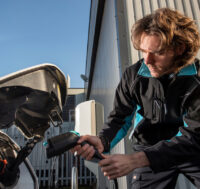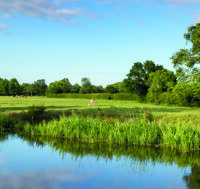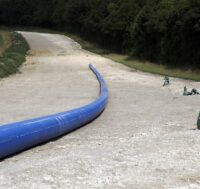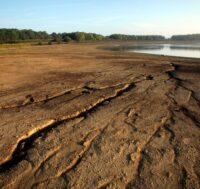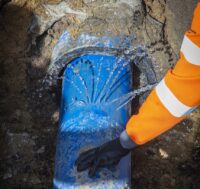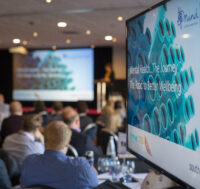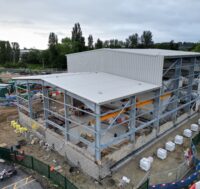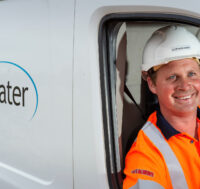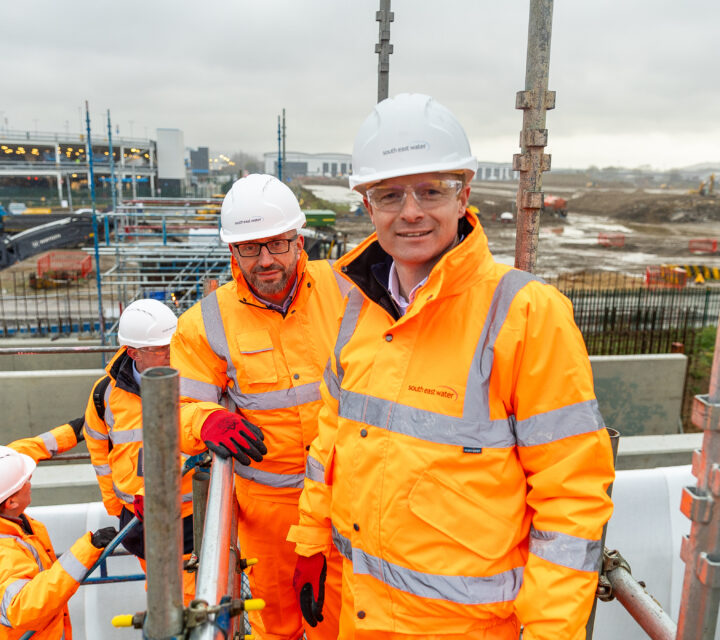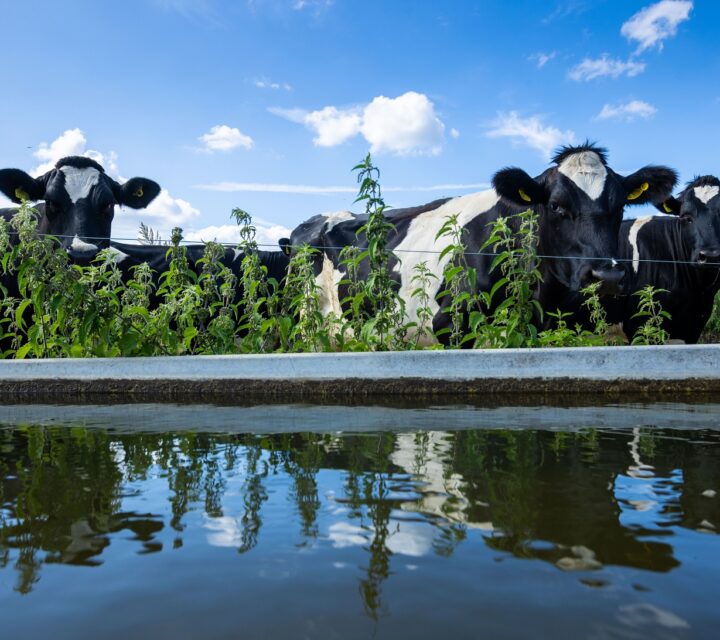Our responsible business commitment is to introduce natural capital accounting.
We plan to adopt a natural capital approach to ensure we value our impacts and dependencies on nature in the decisions we make. Natural capital accounting is a tool that can help measure the full extent of natural assets, such as water, air and woodland or other natural habitats. Giving us perspective on the link between the economy, ecology and our environment. This will help ensure the decisions we make are right for the long term sustainability of our region.
Desired impact – For South East Water to ensure our impact and dependencies on nature is valued in all decisions we make.
How have we performed?
Using a set of natural capital metrics, we have created a natural capital account for our Barcombe system which includes two connected reservoirs at Barcombe and Ardingly. This system supplies our largest water treatment work whilst also contributing to regulate the river flow.
Using the same metrics, we have also carried out a natural capital assessment of our future Broad Oak reservoir. This has helped us quantify the net impact of these two assets on our natural stock / capital for example how they contribute to biodiversity or climate regulation. When undertaking the assessment of future projects, we also expanded the scope to include impact to social, human, intellectual, manufactured, and financial capitals.
We have also carried a baseline natural capital and biodiversity assessment of all our 302 sites that assesses how our sites contribute to water quality regulation, air quality regulation, biodiversity, pollination, flood regulation and climate regulation. We have also assessed their contribution to social benefits such as visual amenity and recreation.
This baseline ensures we can evaluate and protect our natural assets when considering future impact, and will allow us to quantify whether and how we can improve their overall benefit for the natural environment, for example by increasing the biodiversity on these sites.
This is only the start, and we are working with our consultants and with our environmental, asset management and engineering functions to embed this approach into the design and selection of our future investment. This will help us select the most beneficial solutions for the environment and our communities by looking at a much wider range of factors. Our assessment of natural (and other capital) was incorporated into the assessment of resource options for our WRMP24 as additional evidence.
An important aspect of our 25-year environment plan is to deliver nature-based catchment management solutions. Natural accounting will be a very useful tool we can use to demonstrate the benefits of the nature-based solutions we proposed compared with other solutions such as engineering schemes.
Read more about our 25-year environment plan here.
This initiative is part of our wider approach to governance and ESG which is set out in our corporate governance framework and was developed jointly with our purpose. It is also closely linked to our core purpose of providing tomorrow’s water supply solutions and long-term planning, in that is promotes a holistic assessment of investment in our water supply system. It is also one aspect of the implementation of our strategy set out in our strategic direction statement.
